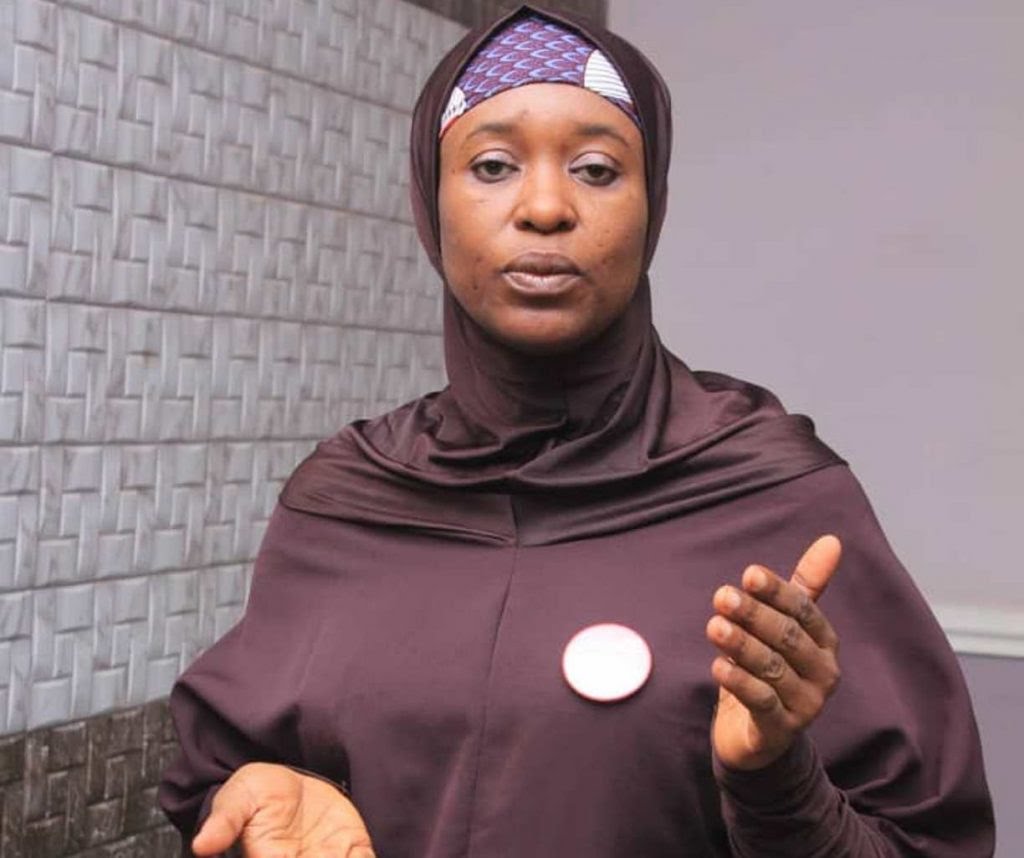[ad_1]
By Bode Adewumi
ABOUT 100 Nigerian girls aged between 12 and 25 are participating in the United Nations Economic Commission for Africa (UNECA), coding camp in Niamey, Niger Republic.
A statement issued by UNECA said the training was part of its Young African Women Connected Coding Camp initiative.
It further said that the training aims was to promote access to Information and Communication Technology (ICT) and provide them with good foundation for long-term success in their employment, business creation or further education, and build important partnerships.
Mr Hassane Baraze, Minister of Post and New Information Technologies of Niger, said it was imperative to strengthen vocational training, especially in young girls.
Baraze, who chaired the training, said that it was also important to operationalise the skills required to drive creativity and innovation in the girls.
“Technology skills can lift women from poverty by providing them middle and higher-level jobs.
“It is a stepping stone for high-potential women to higher levels and also reduces the gender gap between men and women,” he said.
The Director of the UNECA Sub-Regional Office for West Africa, Ms Ngone Diop, said that in Niger, 70 percent of the population does not have access to the internet.
According to Diop, this segment of the population excluded from internet use comprises women, young people and the elderly.
She said, “More than ever, Africa must accelerate digital transformation initiatives by strengthening youth participation in Science, Technology, Engineering, Arts and Maths (STEAM) activities.”
The UNECA’s Director of Technology, Climate Change and Natural Resources, Jean-Paul Adam, said since the launch of the initiative in 2019, ECA had trained more than 20,000 young women and girls.
Adam said that the UNECA had undertaken 239 innovative projects and given 49 awards for the best prototypes designed to solve the socio-economic challenges across the continent.
“This Nigerian girls’ coding camp covers technical areas such as animation, gaming and web development, robotics and the Internet of Things, and 3D printing.
“It also includes generic cognitive processes such as project development, design thinking and the role of women in STEAM,” she added.
READ ALSO FROM NIGERIAN TRIBUNE
[ad_2]




